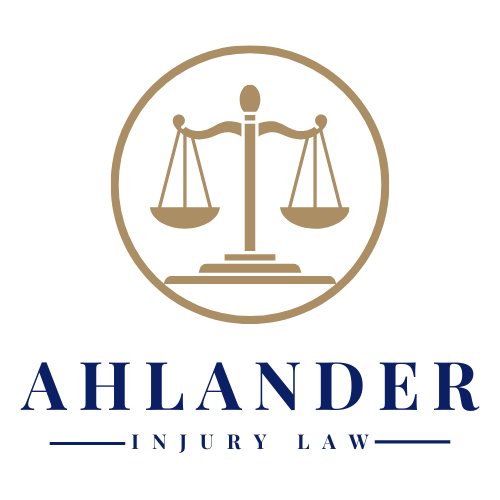Guide to Nevada Workers’ Compensation
Navigating the workers' compensation system in Nevada can be a challenging endeavor for many employees who find themselves injured or ill as a result of their job. This guide provides a comprehensive overview aimed at demystifying the process, clarifying eligibility criteria, detailing the claims process, and explaining the types of compensation that injured workers might expect. Understanding these elements will equip Nevada workers with the knowledge necessary to effectively manage their recovery and ensure they receive the benefits to which they are entitled.
Understanding Eligibility Criteria
The first step in navigating the Nevada workers' compensation system is understanding who is eligible to make a claim. Generally, most employees in Nevada are covered from the first day of their employment. Coverage includes employees in most industries, regardless of part-time or full-time status. However, there are exceptions including independent contractors and certain volunteers who might not be eligible.
Conditions Covered
Workers' compensation in Nevada covers injuries and illnesses that are directly related to one's job. This can range from accidents that occur on the worksite to health issues developed over time due to repetitive motion or exposure to harmful substances.
Reporting an Injury
Prompt reporting is critical in the workers' compensation process. Nevada law requires that injured employees report their injury to their employer within seven days of the incident. Failing to do so can jeopardize the ability to receive benefits.
The Claims Process
Once an injury is reported, the employer must provide the injured employee with a C-1 form, which the employee uses to formally notify their employer about the injury or illness. Following this, the detailed claims process begins.
Medical Evaluation
The injured worker is required to undergo a medical evaluation by an authorized healthcare provider who will assess the injury and determine the appropriate treatment. This evaluation serves as the basis for any workers' compensation claim.
Submitting a Claim
After receiving medical attention, the employee must fill out and submit a C-4 form, which is filed by the healthcare provider. This form needs to be submitted within 90 days of the injury or diagnosis of an occupational disease. It formally opens the claim with the employer's workers' compensation insurance carrier.
Claim Approval or Denial
Once the claim is submitted, the insurance carrier will review the claim and make a determination. If the claim is approved, the injured worker will start receiving benefits; however, if the claim is denied, the worker has the right to appeal the decision.
Types of Compensation
Compensation in the Nevada workers' compensation system is multifaceted, designed to cover various needs of injured workers to aid in their recovery and compensate for their losses.
Medical Treatment
The primary form of compensation covers all necessary medical treatment related to the work injury or illness. This includes hospital visits, medications, physical therapy, and any necessary surgeries or rehabilitation.
Temporary Total Disability (TTD)
If the work-related injury or illness prevents the employee from working at all, they may be eligible for TTD benefits. These benefits are intended to replace a portion of the worker's usual income while they recover.
Permanent Partial Disability (PPD)
In cases where an injury leads to permanent impairment but does not completely inhibit the worker’s ability to work, PPD benefits may be awarded. The amount of PPD benefits received depends on the degree of impairment as assessed by a medical provider.
Vocational Rehabilitation
If an injured worker cannot return to their former job due to their injuries, they may be eligible for vocational rehabilitation services. These services aim to help the worker find new work or train for a different position that accommodates their physical limitations.
Navigating the workers' compensation system in Nevada requires a clear understanding of the eligibility criteria, the claims process, and the types of compensation available. Armed with this knowledge, workers can approach their recovery with confidence, knowing how to advocate for themselves and secure the benefits they need to recuperate and return to work. By following the outlined steps and understanding the protections afforded under Nevada law, employees can better manage the challenges posed by workplace injuries and illnesses.
If navigating Nevada's workers' compensation system feels overwhelming, you're not alone. At Ahlander Injury Law, we're committed to supporting workers through every step of the process. Contact us today for a consultation and let our expertise guide you to a successful resolution.





